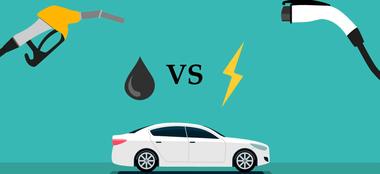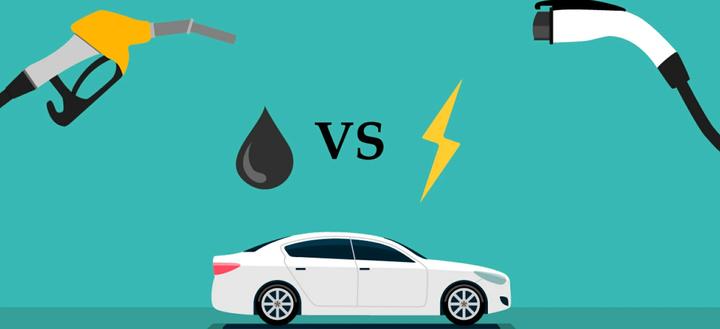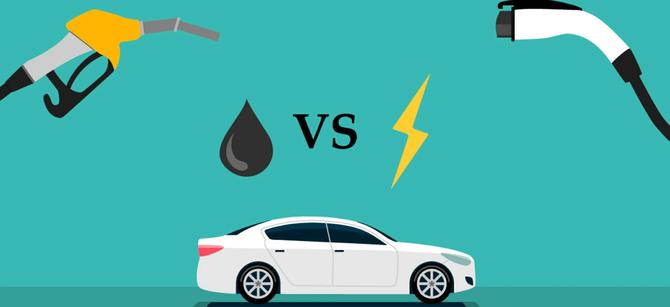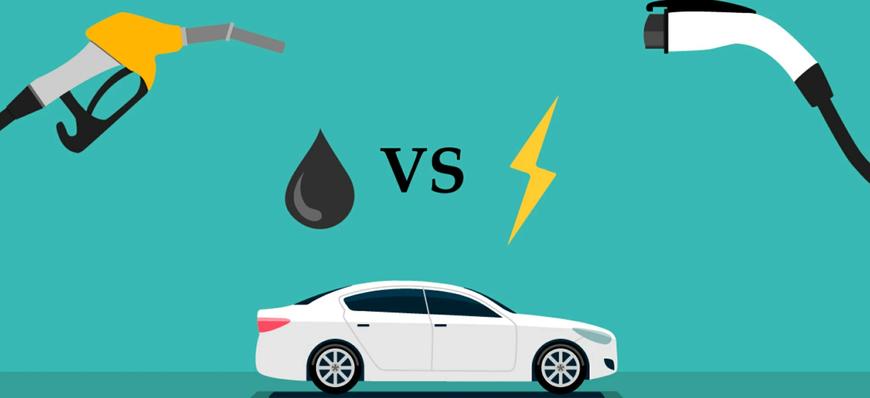



The automobile industry is experiencing a significant shift as electric cars gain traction as a viable alternative to traditional gas/petrol cars. In this essay, we will explore the pros and cons of electric cars versus gas/petrol cars, analyzing various aspects such as environmental impact, performance, cost, and market stakeholders. By examining these factors, we can gain a deeper understanding of the ongoing transition towards electric mobility and its implications for the automotive industry.
I. Environmental Impact:
A. Electric Cars:
Zero Emissions: Electric cars produce no tailpipe emissions, reducing air pollution and contributing to improved air quality.
Renewable Energy Compatibility: Electric cars can be powered by renewable energy sources, further reducing carbon footprint.
Potential for Energy Grid Integration: Electric cars can potentially serve as energy storage units, enabling energy grid stabilization and increased reliance on renewable sources.
B. Gas/Petrol Cars:
Carbon Emissions: Gas/petrol cars emit greenhouse gases and contribute to air pollution, impacting both human health and the environment.
Dependence on Fossil Fuels: Gas/petrol cars rely on non-renewable fossil fuels, contributing to resource depletion and geopolitical challenges.
II. Performance and Efficiency:
A. Electric Cars:
Instant Torque: Electric motors provide instant torque, resulting in quick acceleration and responsive driving experiences.
Lower Maintenance: Electric cars have fewer moving parts, reducing the need for regular maintenance and servicing.
Regenerative Braking: Electric cars can recover energy while braking, improving overall efficiency.
B. Gas/Petrol Cars:
Range and Refueling Time: Gas/petrol cars generally offer longer range and faster refueling times, providing greater convenience for long-distance travel.
Established Infrastructure: Gas stations are widely available, making refueling more accessible compared to electric charging infrastructure.
III. Cost Considerations:
A. Electric Cars:
Lower Operating Costs: Electric cars have lower energy and maintenance costs compared to gas/petrol cars.
Incentives and Tax Credits: Many countries offer financial incentives, tax credits, and subsidies to promote the adoption of electric vehicles.
B. Gas/Petrol Cars:
Lower Purchase Price: Gas/petrol cars often have a lower upfront purchase price compared to electric cars.
Fuel Costs: Gasoline/petrol prices may fluctuate, impacting the overall cost of ownership.
IV. Market Stakeholders and Competing Brands:
A. Electric Cars:
Tesla: Known for their innovation, Tesla has played a pivotal role in popularizing electric vehicles globally.
Nissan: With the Nissan LEAF, Nissan has made significant contributions to the mass adoption of electric cars.
Chevrolet: The Chevrolet Bolt EV has garnered attention for its affordable electric range.
B. Gas/Petrol Cars:
Toyota: Known for its hybrid vehicles, Toyota has focused on developing fuel-efficient technologies.
Volkswagen: Volkswagen has made commitments to electric mobility and is introducing various electric models.
Ford: Ford has expanded its electric vehicle lineup with models like the Mustang Mach-E.
V. Charging Infrastructure:
A. Electric Cars:
Home Charging: Electric car owners can charge their vehicles conveniently at home using charging stations.
Public Charging: Public charging networks are expanding, allowing electric car owners to charge their vehicles at various locations.
VI. Battery Technology and Range Anxiety:
A. Electric Cars:
Battery Technology Advancements: Ongoing developments in battery technology aim to improve range and charging efficiency.
Range Anxiety: The fear of running out of charge, known as range anxiety, remains a concern for some potential electric car buyers.
VII. Consumer Considerations:
A. Electric Cars:
Driving Range: The driving range of electric cars varies, and consumers must consider their daily driving needs.
Charging Infrastructure Accessibility: Access to charging stations is essential for electric car owners, especially for long-distance travel.
B. Gas/Petrol Cars:
Familiarity and Convenience: Gas/petrol cars have an established infrastructure and widespread availability.
Conclusion:
The transition from gas/petrol cars to electric cars represents a significant shift in the automotive industry. Electric cars offer environmental benefits, high performance, and lower operating costs. However, challenges such as range anxiety and charging infrastructure need to be addressed to accelerate mass adoption. Gas/petrol cars, while more established, contribute to air pollution and rely on non-renewable resources. As technology advances and consumer preferences evolve, the future of transportation is likely to be increasingly electrified, with electric vehicles playing a central role in a sustainable and greener automotive landscape.